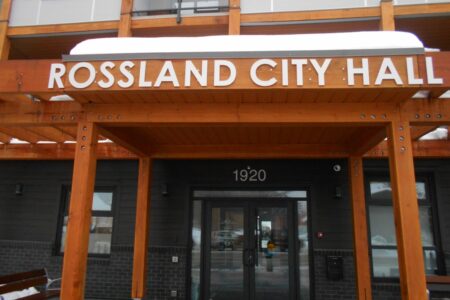Report: Government oversight compromised?
A report released recently by Evidence for Democracy shows that resource capacity and scientific independence are the most pressing scientific integrity issues within the BC government. “Evidence-based decision-making” has become the mantra of governments, but without good evidence, it’s a difficult promise to deliver.
Without public transparency, no one knows whether it has been delivered.
Who or what is “Evidence for Democracy”? According to its website, it is “the leading fact-driven, non-partisan, not-for-profit organization promoting the transparent use of evidence in government decision-making in Canada. Through research, education and issue campaigns, Evidence for Democracy engages and empowers the science community while cultivating public and political demand for evidence-based decision-making.”
Evidence for Democracy says that its report is based on a survey that was distributed to 1159 government scientists in BC across 10 ministries who are members of the Professional Employees Association. The survey included 64 questions related to communication, independence and capacity for government science research in BC.
According to the survey, BC government scientists overwhelmingly feel that their ministries have insufficient resources to fulfill their mandates (68%) and that reductions in capacity negatively impact their ability to produce expert reports (71%). Over half (59%) think that capacity changes negatively impact environmental research and regulation.
“Public science affects all of us – from clean drinking water to making sure bridges and roads are safe – it’s in all of our best interest to ensure that government science is independent, robust and openly communicated.” said Katie Gibbs, report author with Evidence for Democracy. “When government research has the resources necessary to carry out its mandate, it is less vulnerable to influence from external contractors, political pressure, and stakeholder interests.”
Cuts to internal government science capacity have led to increased reliance on external professionals for both research and decision-making. Over half of government scientists (57%) expressed concern that this increased reliance on external rather than internal government staff is compromising the government’s ability to use the best available evidence in decision-making. Almost half (49%) of government scientists believe that political interference is compromising the government’s ability to develop laws, policies and programs.
The issues of political interference and cuts to capacity are exacerbated by unclear and uneven communication practices for provincial scientists. Many scientists report that they cannot talk to the media about their work (32%) and those who are able to address the media, need to obtain permission first (42%).
“When scientists cannot speak openly about their area of expertise, it’s the public that loses,” said Kathleen Walsh, interim Executive Director of Evidence for Democracy, “While science communications issues in BC aren’t as bad as we have seen federally in recent years, there is substantial room for improvement. The survey overwhelming demonstrates a need for the government to establish clear, science-specific communication policies. ”
A summary of the report can be found here, and the full report is available at this link.


























